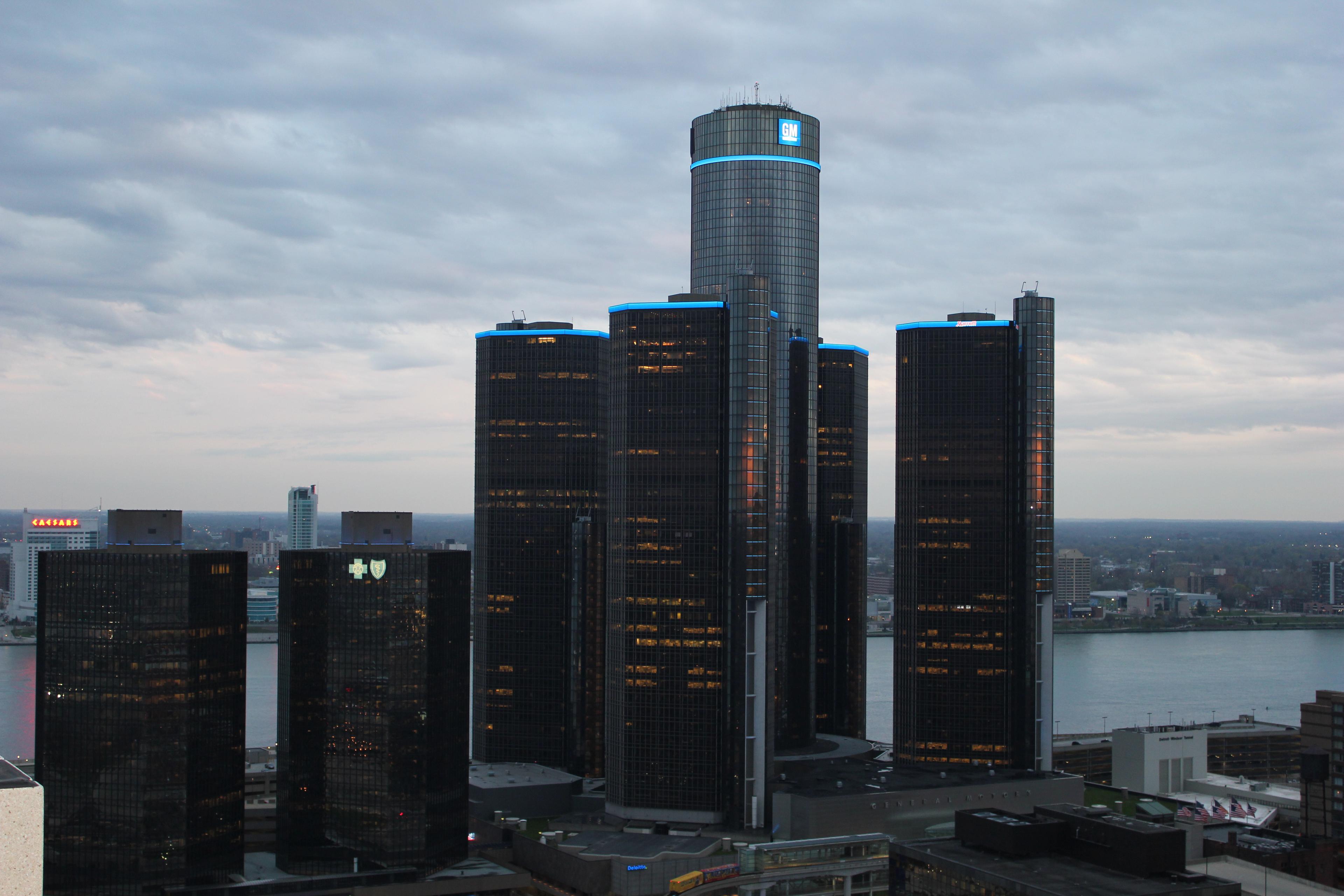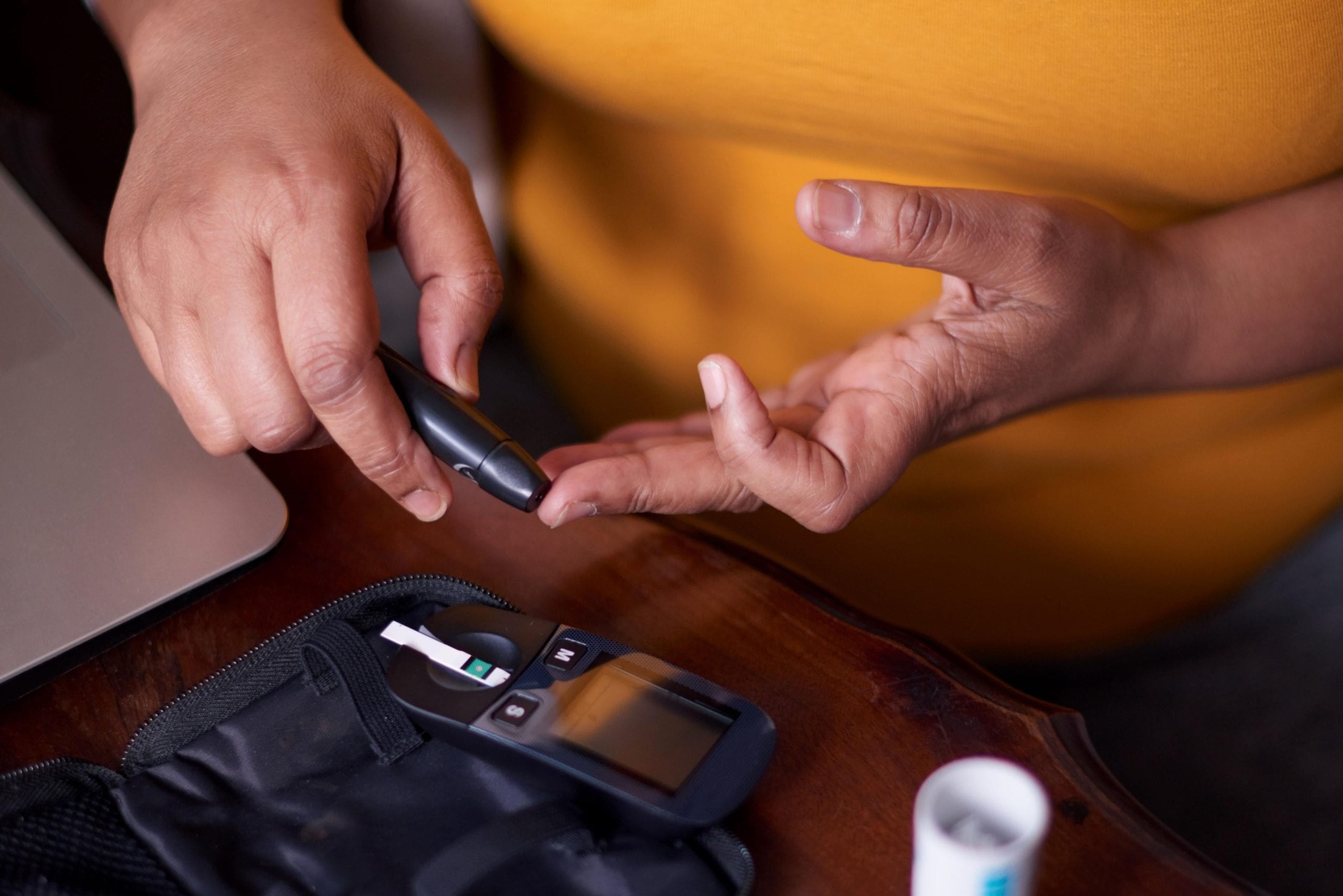
Blue Cross Blue Shield of Michigan is obviously all about being blue, but we’re also pretty dedicated to going green. While this includes some larger programs, like solar energy harvesting and collecting rain water for use throughout our campuses, we also take pride in smaller steps, like cutting back on printing to save paper and composting. While Blue Cross does these actions on a large scale, they can easily be implemented by smaller businesses as well. Here are five ways you can follow in Blue Cross’s green footsteps:
- Use energy efficiently: Our solar farm, powered by DTE Energy, has helped us avoid adding 750 metric tons of carbon dioxide emissions to the atmosphere—the equivalent of planting 33 new trees. Because major solar farms aren’t practical options for most businesses, reduce your emissions by switching from regular light bulbs to energy efficient ones. Doing this alone uses up to 80 percent less energy on a regular basis. Also ask your electrical company about any alternative energy sources available—many will let you designate where your energy comes from and choose cleaner sources.
- Collect rainwater: Blue Cross has an elaborate system of rainwater collection that runs through their parking garage. That water is later used to maintain our Detroit campus’ grounds. On a smaller scale, it’s easy to create a rain-water barrel with a standard trash can. You can then use the water to hydrate the grass around an office or indoor plants.
- Garden on the roof: Our Detroit parking structure is one of the first in the nation to receive national recognition for its eco-friendly design. In addition to collecting rainwater, the roof is also covered in sedum plants, which help reduce storm water runoff and create an open green space where people can gather. You don’t need a parking garage to create a little garden. Grow tomatoes, green beans and herbs in pots to give your employees healthy food to use in their lunches and snacks.
- Pass on paper: Blue Cross has digitized many health records, prioritized email over printed memos and begun offering paperless/electronic explanations of benefits to our members. (That last option alone helped save more than 1,600 trees in just one year!) Do as their employees do and opt for electronic forms of communication whenever possible.
- Recycle food waste: Blue Cross provides food waste from our cafeterias to Detroit Dirt, which then composts the scraps and uses them to create rich soil. On a smaller scale, creating a compost pile or food scraps recycling process is really easy. If you’re not on board with doing it yourself, many services also exist to pick up the recyclable waste regularly.
How does your small business go green? Tell us about it in the comments. And if your small business is looking to be more efficient in 2016, you may also want to check out these blogs:
- Going Green at Home and at the Office
- Blue Cross Goes Green for Earth Day and Every Day
- Who Says Being Eco-Conscious Only Benefits the Earth?
Photo credit: Adam





